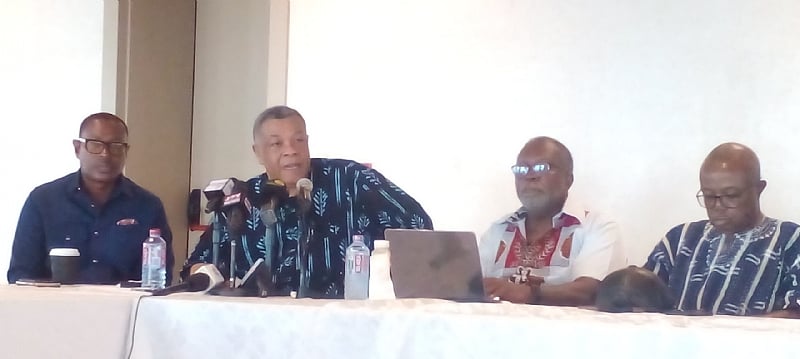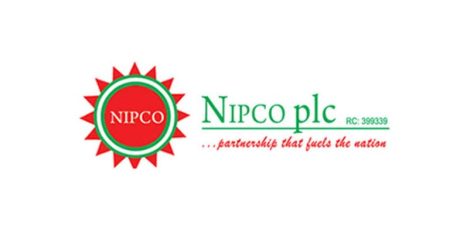The Ghanaian government’s ambitious 24-Hour Economy program, a flagship initiative projected to generate a minimum of 1.7 million jobs within four years, stands as a comprehensive national strategy aimed at revolutionizing the country’s economic landscape. Far from simply promoting night-shift work, the program envisions a holistic transformation of production, service delivery, and value creation across various sectors, optimizing productivity across time zones and integrating key areas such as agriculture, industry, finance, infrastructure, labor, and education. This re-architecture of the Ghanaian economy seeks to address critical challenges like underemployment, import dependency, limited value addition, and infrastructure deficiencies, ultimately driving economic growth and enhancing global competitiveness.
The 24-Hour Economy concept centers on maximizing efficiency and output by adopting flexible shift systems tailored to specific sectors, rather than enforcing a blanket 24-hour operational model across the board. This nuanced approach acknowledges the unique requirements and operational realities of different industries while ensuring continuous productivity and fostering a dynamic economic environment. The program also emphasizes readiness support and sector-specific models, providing businesses with the necessary resources and guidance to adapt to the evolving economic landscape. This strategic framework aims to create an environment conducive to sustained economic activity, fostering job creation, and boosting industrial competitiveness, ultimately positioning Ghana for greater integration into the global economy.
A key aspect of the 24-Hour Economy program is its focus on human capital development. By investing in training and upskilling initiatives, the program aims to equip the workforce with the skills and knowledge necessary to thrive in the evolving economic landscape. This commitment to human capital development ensures that the benefits of increased productivity and economic growth are shared widely, fostering inclusive and sustainable development. The program also prioritizes labor and security provisions, guaranteeing safe and decent working conditions for all participants, aligning with international labor standards and promoting a fair and equitable work environment.
Furthermore, the 24-Hour Economy program recognizes the importance of regional integration, particularly within the context of the African Continental Free Trade Area (AfCFTA). By promoting cross-border trade and investment, the program seeks to unlock new markets and opportunities for Ghanaian businesses, fostering economic growth and regional cooperation. This strategic alignment with the AfCFTA underscores Ghana’s commitment to harnessing the potential of intra-African trade, driving economic development and fostering regional prosperity. The program’s emphasis on regional integration also highlights its potential to contribute to the broader pan-African development agenda.
The 24-Hour Economy program’s focus on unlocking the full potential of Ghana’s human capital, natural resources, and entrepreneurial capacity reflects a forward-looking vision for the country’s economic future. By fostering innovation, promoting entrepreneurship, and leveraging the country’s abundant resources, the program seeks to create a dynamic and thriving economy. This commitment to empowering local businesses and entrepreneurs underscores the program’s potential to drive sustainable economic growth and create a more prosperous future for all Ghanaians.
In essence, the 24-Hour Economy program is a transformative national initiative designed to reshape Ghana’s economic landscape by promoting continuous productivity, job creation, and enhanced competitiveness. Through a comprehensive approach that integrates various sectors and prioritizes human capital development, the program seeks to address key economic challenges and unlock the country’s full economic potential. This bold initiative represents a significant step towards building a more resilient, inclusive, and prosperous economy for Ghana, positioning the nation as a key player in the global economic arena. The program’s alignment with the AfCFTA further strengthens its potential to contribute to regional economic development and integration, solidifying Ghana’s role as a driving force in Africa’s economic transformation.














